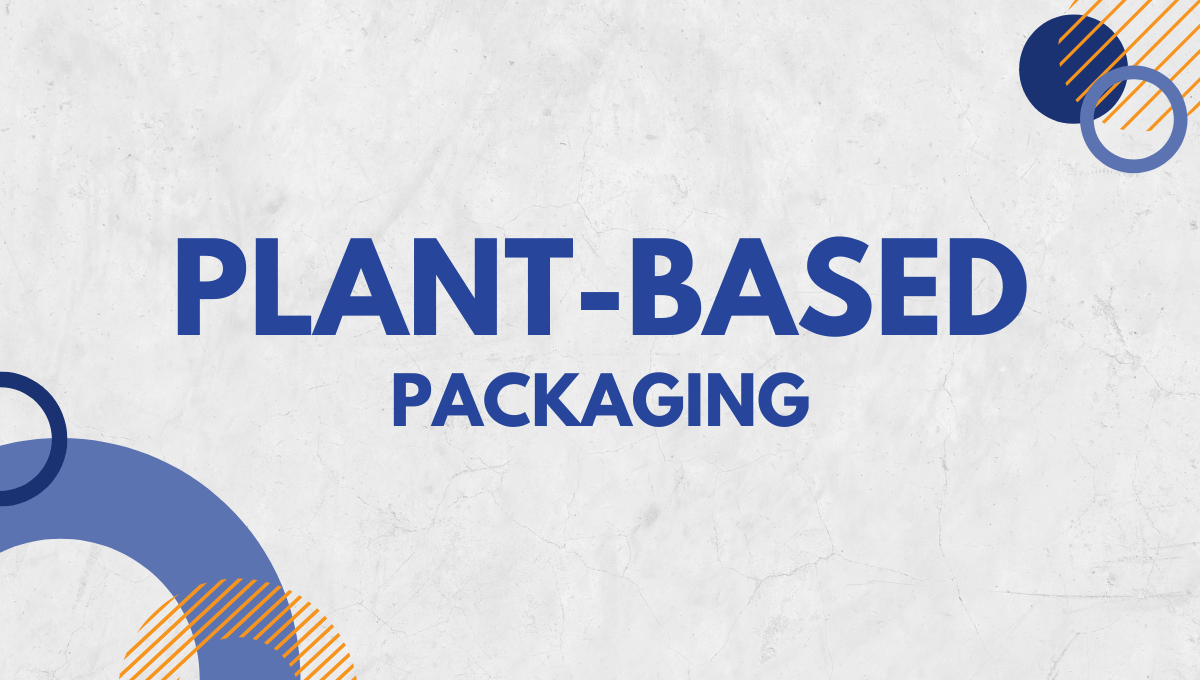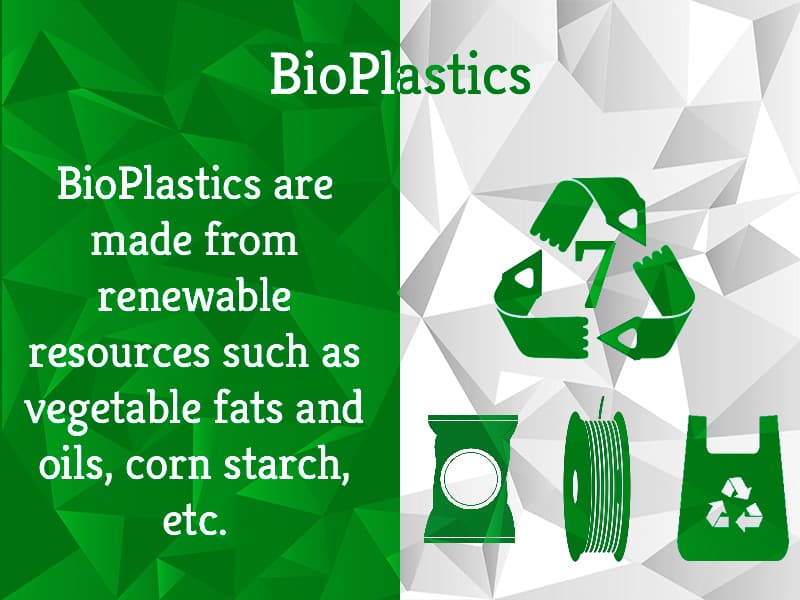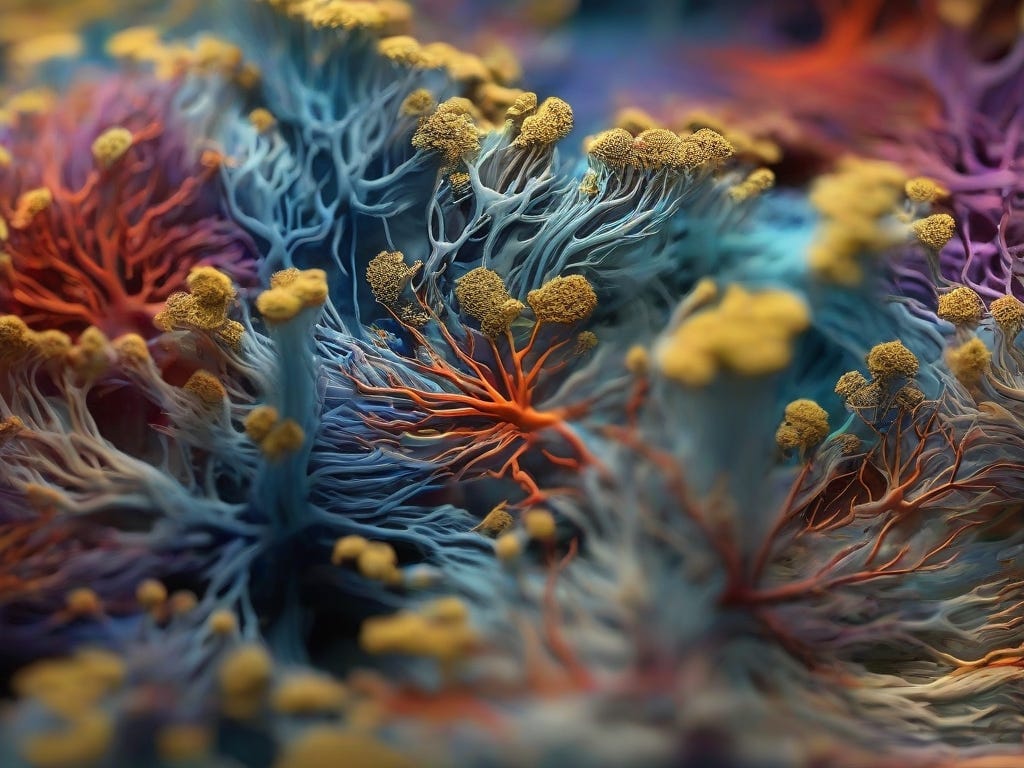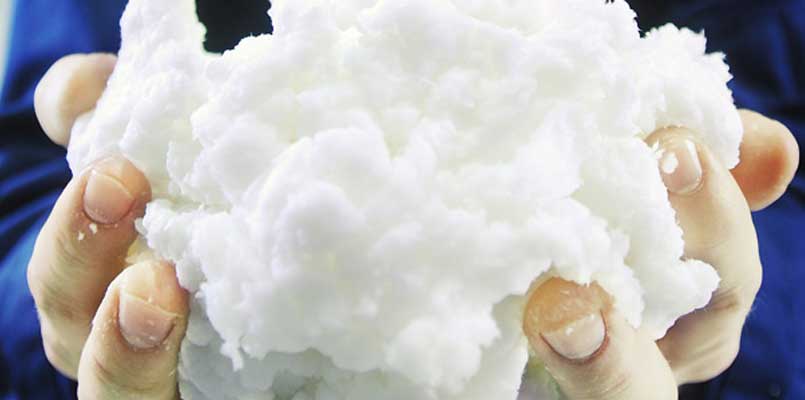A Guide To Plant-Based Packaging

Are you looking for a way to connect with eco-conscious customers? Make a great environmental impact while running your business.
Then Plant-Based Packaging is a great place to start.
In recent years, awareness of the environmental impact of traditional packaging materials has been increasing. That's why customers avoid dealing with companies that use harmful business approaches.
It has prompted many businesses to shift from plastic to sustainable packaging alternatives. Plant-based packaging is a great solution, but the authentic information regarding this is very limited. In this guide, we'll cover everything you need to know about Plant-Based Packaging for your business.
So let's get started.
What Is Plant-Based Packaging?
Plant-based packaging refers to packaging materials that are derived from renewable plant sources. These are usually bioplastics and cellulose-based materials. Compared to other forms of packaging, which include several harmful materials like plastic, plant-based packaging materials are entirely organic.
Plastic and traditional packaging are huge threats to society. The main purpose of plant-based packaging is to reduce the environmental impact of poor packaging materials. Moreover, traditional packaging materials are unsafe for food contact and human health.
5 Widely-Used Plant-Based Packaging Materials
Various materials are used to create sustainable plant-based packaging. These materials serve as excellent eco-friendly alternatives to traditional packaging materials. It's also opening room for innovation and versatility in the packaging industry.
Bioplastics

Source: greensutra
Bioplastics demonstrate a critical evolution in packaging materials. They are derived from renewable sources such as corn or sugarcane.
These are biodegradable and compostable. But another interesting fact about bioplastics is that they significantly reduce reliance on fossil fuels. Due to this flexibility, bioplastics are used for packaging various applications, from food packaging to disposable cutlery.
Mycelium

Source: matthiasrillig
It's made with the help of fungus. This mycelium-based packaging has a unique approach to leveling up your packaging. But you might wonder what mycelium is?
Mycelium is the critical root structure of fungi. It makes packages that can be customized into different shapes. It's an excellent solution for your packaging needs.
It's an innovative material that tells us about the power of nature-inspired designs. By using it correctly, you can create various environmentally friendly packaging options.
Bagasse

It's a byproduct of sugar production, also known as sugarcane bagasse. It acts as a raw material for packaging. This packaging contains fibrous residue left when all the juice is extracted from sugarcane.
Bagasse packaging is strong and suitable for disposable items. Disposal of organic byproducts is a huge issue in the agricultural industry. However, agricultural waste is converted into a sustainable alternative.
Starch-based
Many plant-based packaging incorporate starch-based materials. These are derived from many crops like tomatoes, potatoes, corn, or cassava.
All the materials in this packaging are biodegradable and extensively used in the food industry. It's a great alternative to plastic packaging, which is destroying our environment.
Pulp

Source: paperpulpingmachine
Paper is used to write, right?
But you can also create packaging material from paper. The pulp is sourced from recycled paper, an effective, sustainable packaging approach.
It provides the opportunity to create attractive custom packaging.
When paper is used for creating packaging, it acts as a sustainable alternative and supports recycling. Overall, it contributes to a sustainable packaging ecosystem.
Plant-Based Packaging vs. Traditional Packaging
Conventional packaging heavily relies on non-renewable resources. It is extremely terrible for the environment, leading to pollution and environmental degradation. At the same time, Plant-Based packaging uses a holistic approach.
Here are some differences between both packaging materials, which tells us why plant-based packaging is way better.
Applications of Plant-Based Packaging
Plant-based packaging applications are diverse and expand in multiple industries. Here are some of the applications, but remember, it's not limited to these only. This diverse innovation ensures your business grows while impacting the environment and customers.
- Food Packaging: Fresh produce, snacks, beverages, and take-out containers.
- Beverage Packaging: Bottles, cartons, cups for water, juices, and dairy alternatives.
- Cosmetics and Personal Care Products: Lotions, creams, shampoos.
- Non-Food Consumer Goods: Household cleaning products, toiletries, and pet supplies.
- E-commerce Packaging: Corrugated cardboard, paper-based cushioning, compostable mailers.
Why Should You Use Plant-Based Packaging?
So, as a business owner, should you use plant-based packaging?
The short answer is YES.
It has several benefits, and that's why most businesses opt for this latest innovation. Here are some of the benefits of using plant-based packaging.
Appeals to Customers Towards Brand
Environmental benefit is one of the most important benefits of plant-based packaging. But it's not limited to that only.
Consumers are becoming more aware of their environmental responsibility, and that's why demand for eco-friendly products is rising.
Businesses that adopt plant-based packaging gain a competitive edge in the market. They align themselves with evolving customer needs. It shows that the brand is committed to social and ecological responsibility.
It enhances customer loyalty.
The market is driven by sustainability. So, adopting plant-based packaging is a strategic move to connect with your audience.
Improves Environmental Impact Of Business
The reason why most businesses use plant-based packaging is because of its positive environmental impact. The reliance on fossil fuels is reduced to a great extent.
This results in the conservation of non-renewable resources. It also tells us about the need to reduce our dependence on finite resources available. Thus promoting a more sustainable approach to packaging production. Here's how this process goes.
Lower energy consumption → Fewer greenhouse methods → Reduces climate change → Aligns with sustainable global efforts.
Less Resource-Intensive Compared To Plastic
Plastic, which is derived from fossil fuels, is too energy-intensive. But why is that so?
This is because much refining is needed at every stage of the production process. On the other hand, sustainable packaging solutions are typically made with less energy and fewer raw materials. When it comes to PLA production, around 65% of energy is used, and it generates 63% fewer GHGs.
Aesthetically Pleasing & Functional
Plant-based packaging is extremely reliable and sophisticated. The primary concern of people while packaging is, what if my product leaks?
Is there enough insulation?
Will it leave any unpleasant odor?
With plant-based packaging, there's no need to worry about these concerns. For transportation of vaccines and medicines, this packaging provides seals. It reassures customers that their products will be safely delivered to them.
The aesthetic of packaging can't be ignored. If you notice closely, these packaging are often simple yet sturdy in design. It indicates a sign of a high-quality product.
Cost-effective Approach For All Businesses
Plant-based materials are abundantly available in the market. That tells us that there is no cost-prohibitive to acquire. The best part is that these materials are lightweight.
Lightweight packaging = Less shipping costs + Less storage cost
Why Should You Not Use Plant-Based Packaging?
There is no doubt that plant-based packaging presents an excellent solution to eliminate environmental problems. But on the flip side, there are also some drawbacks that you must know before using plant-based packaging. Let's discuss some of them in detail.
Single-Use Mindset Only
It reinforces a single-use mindset. It's a common belief that providing a good alternative to single-use plastics is directly proportional to a wasteful mindset. It is only creating demand for unnecessary resources.
There's also a notion that it's best to focus on waste reduction initiatives instead of introducing regulations to combat such products.
Scalability Issues May Arise
Many people assume that millions of tons of plant-based packaging are of seaweed variety. It requires vast amounts of land to cultivate suitable crops for packaging purposes. It also raises many concerns.
- Should we grow crops to feed livestock?
- Should we grow crops to reduce world hunger?
- Should we grow crops just for packaging?
But either way, it's the best packaging through which you can make the world a better place to live. Improve the environment and make the world a better place for everybody.
Conclusion
Plant-based packaging is becoming popular in various industries. Due to worsening climatic conditions, it won't be long before this packaging becomes a norm. This trend will not vanish after a month or two. Instead, it's a customer-driven approach that provides deep value.
Apart from its business aspects, it's also a great long-term sustainability investment. It reduces your carbon footprint, which again helps you from a business point of view. It's not just Packaging; it's an approach that tells customers how dedicated you are to make a positive change on the planet.
So, if you're in the food, retail, or any business sector, getting plant-based packaging might be the key to boosting your business. At Altro Labels, we ensure that the quality of packaging is top-notch, so reach out to our team of experts today. Let's help you get Plant-Based Packaging for your business today.
